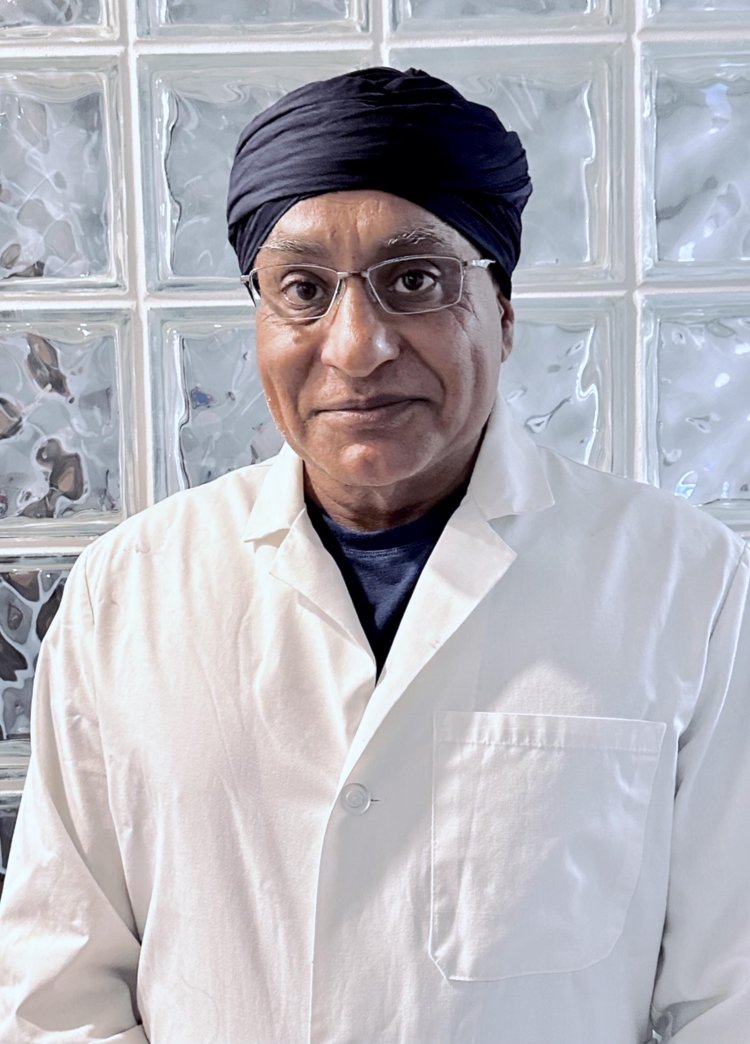
Gurpreet Singh Padda, MD (Part 2)
Building on the foundation laid in Part 1, Dr. Padda explains how understanding and addressing meta-inflammation can unlock new pathways for treatment and recovery.
Dr. Padda is a board-certified expert in anesthesiology, interventional pain, addiction, obesity, chronic pain, and metabolic health. His comprehensive knowledge bridges cutting-edge science and practical solutions for food addiction recovery.
Episode Highlights
- Meta-Inflammation: How chronic low-grade inflammation impacts multiple systems, leading to conditions like cardiovascular disease, type 2 diabetes, Alzheimer’s, and food addiction.
- Leptin Resistance: Why excess fat mass leads to a diminished satiety response, systemic inflammation, and chronic pain – and how to reverse it through dietary and lifestyle changes.
- The Role of the Vagus Nerve: How this critical communication highway between the gut and brain influences mood, inflammation, and cravings, with practical tips for stimulation and optimization.
- Processed Foods and Inflammation: The dangers of excess omega-6 fats, MSG, and their role in dysregulating the gut microbiome, leading to issues like leaky gut, cravings, and poor mental health.
- Practical Solutions: Tools like omega-3 supplementation, intermittent fasting, improving gut health, and leveraging vagus nerve stimulation to manage and reduce inflammation.
- Emerging Tools: Insights into innovative AI technology developed by Dr. Pada’s team for real-time metabolic health tracking and its applications in clinical settings.
Key Takeaways:
- Move After Meals: Engage your muscles (especially quads) to improve insulin sensitivity.
- Avoid Processed Foods: Minimize omega-6 intake, eliminate vegetable oils, and prioritize whole foods.
- Eat for Satiety: Focus on high-protein, low-carb meals to maintain healthy leptin levels.
- Mind Your Gut: Cultivate a healthy microbiome through prebiotics, probiotics, and avoiding antibiotics when possible.
- Harness Lifestyle Tools: Incorporate vagus nerve stimulation techniques, such as deep breathing, yoga, and even clinical tools like auricular stimulation, to optimize metabolic and neurological health.
What’s Next for Dr. Padda:
Dr. Padda shares his work on AI-driven tools for monitoring and improving metabolic health. These innovations are poised to transform healthcare by providing real-time feedback and personalized recommendations for improving patient outcomes.